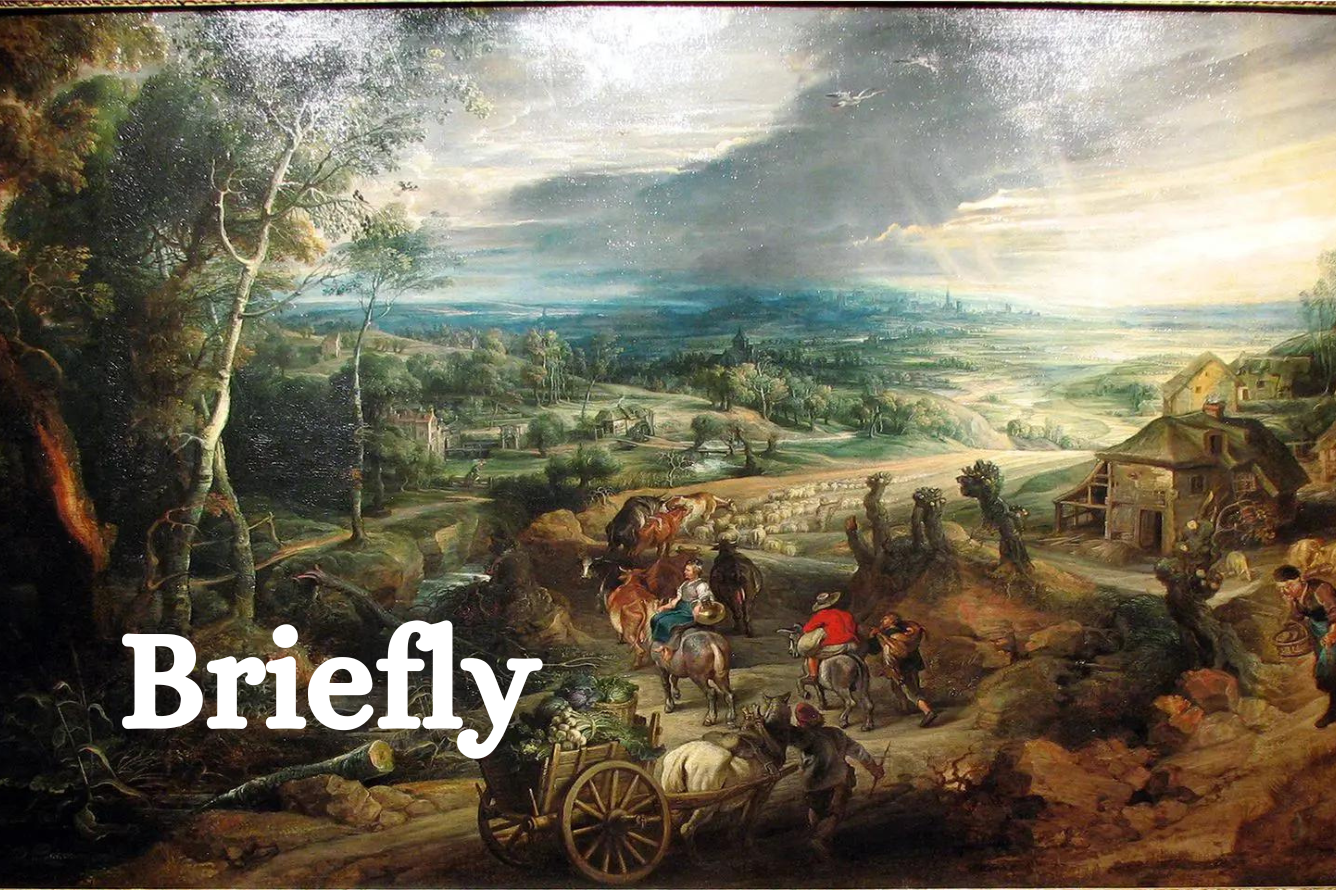Markets and the Good: Thinking Beyond the Tyranny of Economics
Jay Tolson at The Hedgehog Review


Only three decades ago, amid what was hailed as a new “Springtime of Nations,” post–Cold War exuberance fueled widespread confidence in the triumphant spread of liberal democracy and free-market capitalism to all parts of the globe, including those few remaining redoubts of “truly existing socialism,” with their fusty politburos and dysfunctional command economies. The brutal 1989 Tiananmen Square crackdown notwithstanding, even the People’s Republic of China was thought to be on the road to democracy thanks to its earlier adoption of a hybrid form of capitalism with “Chinese characteristics.” Though not alone in predicting that the opening up of China’s economy would lead to the liberalization of its politics and society, the editorial pages of the Wall Street Journal were among the louder cheerleaders for that optimistic line of economic determinism. If only they had been right. Among the disappointments of more recent years has been the sight of China not only backsliding but, in some respects, becoming more resolutely authoritarian, with Xi Jinping exercising the kind of strongman rule not seen since the days of Mao Zedong. Similarly, economic liberalization did nothing to prevent Vladimir Putin’s construction of his “power vertical” and his gradual dismantling of anything but nominal (or “managed”) democracy.
But the temptations and perils of putting economics first are certainly not limited to our last, disappointing round of “end of history” forecasting. The lineage of thinking that places economics at the determinative center of both our individual and collective lives extends to the foundations of the modern liberal tradition. In the second of his Two Treatises of Government, first published in 1689, John Locke memorably enshrined property (or “estate”) as the third inalienable right, after life and liberty. Much scholarly ink has been spilled over why Thomas Jefferson changed it to “the pursuit of happiness” in the Declaration of Independence, though Locke himself had used the phrase in his Essay Concerning Human Understanding, which appeared in the same year as Two Treatises. At the very least, though, it is clear that those early modern thinkers believed that “property” was essential to any meaningful pursuit of happiness. For his part, Adam Smith, a moral philosopher even more than a political economist, believed that the pursuit of self-interest through free exchange built virtuous character, as long as self-interest, distinguished from selfishness, was properly understood as being consistent with justice. In Smith’s view, private property and the free exchange of goods and services secured not only individual liberty but a just social order and a flourishing nation.
What the classical liberal thinkers did not anticipate were the transformations that would be brought about by rapid industrialization and an increasingly globalized economic order dominated by finance and the corporation—processes that would contribute to what the sociologist Karl Polanyi called the “disembedding” of the economy from the dominant institutional and cultural forms of society. Nor did the early liberal thinkers foresee the social dislocations and unrest that would come with the rise and exploitation of an industrial working class. The emerging critiques of the capitalist order by Karl Marx and others would not only challenge but demonize many of the fundamental tenets of laissez-faire liberalism, Pierre-Joseph Proudhon, the father of anarchism, declaring that “Property is theft.” But only in the early twentieth century did communist and fascist regimes emerge as rival powers to what might be broadly termed the liberal community of nations.
